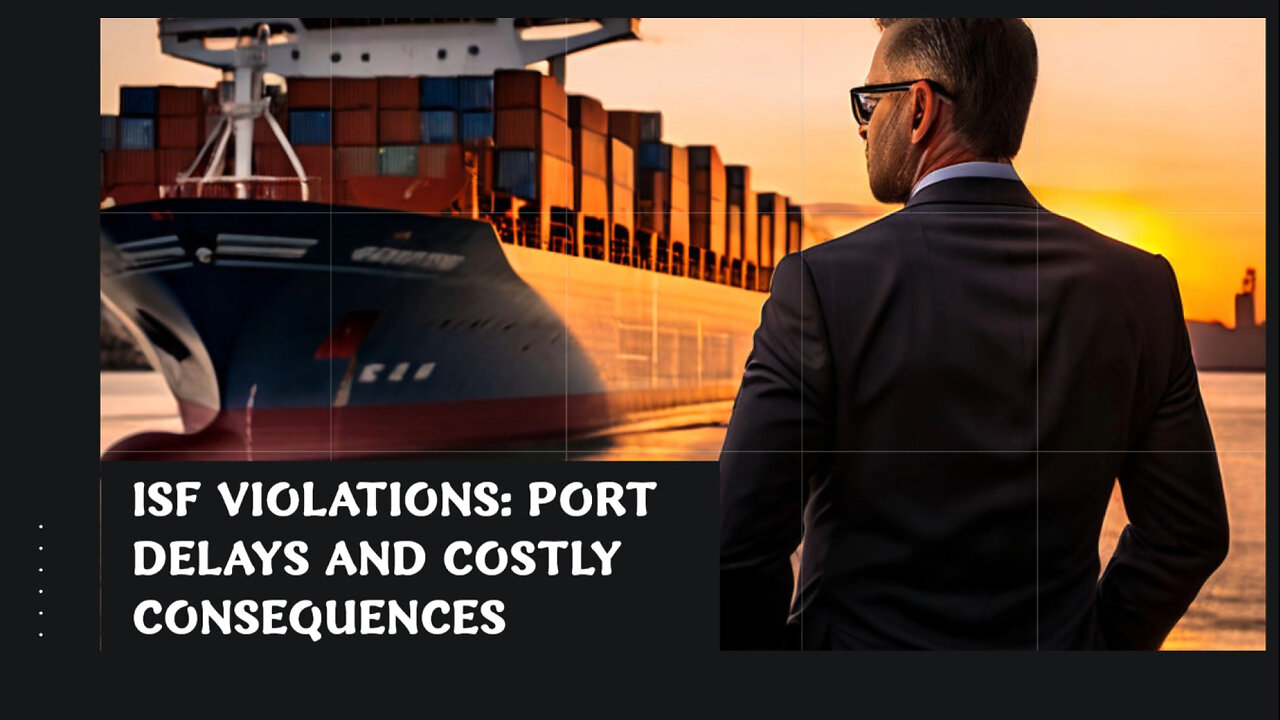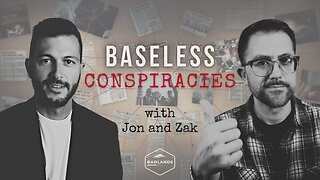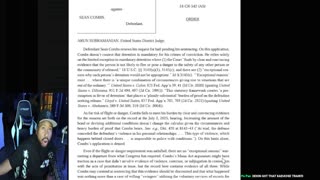Premium Only Content

ISF Violations and Port Delays: The Costly Consequences Explained!
ISF Checklist || 805-970-7918 || contact@isfchecklist.com || www.isfchecklist.com
The consequences of Importer Security Filing (ISF) violations for port delays in customs brokerage can have significant impacts on importers. Compliance with ISF requirements is crucial for importing goods into the United States. The ISF is a mandatory filing that must be submitted to US Customs and Border Protection (CBP) at least 24 hours before the shipment is loaded onto the vessel. One of the most significant consequences of ISF violations is port delays. Non-compliance can result in the CBP issuing hold orders, preventing the release of the imported goods until the ISF violation is resolved. These delays are costly for importers, as their goods may be held at the port for an extended period, resulting in additional storage and demurrage charges. Importers should work closely with their customs broker to ensure ISF requirements are met. Customs brokers, with their expertise in international trade, can provide invaluable guidance and support. Accuracy and timeliness are key to ISF filings, and importers should provide accurate and complete information about the imported goods to avoid delays or penalties. ISF violations can have long-term implications, including penalties and seizure of goods by the CBP. Repeat violations can trigger increased scrutiny and more extensive examinations of future shipments, leading to disruptions in the supply chain and higher costs for importers. In summary, importers should prioritize compliance and collaborate closely with customs brokers to meet ISF requirements accurately and on time to avoid the severe consequences of ISF violations.
#usimportbond #isfcustomsbroker #uscustomsclearing #isfentry
Video Disclaimer Here: This video is purely educational and has no ties with the US government.
00:26 - Importing Goods
01:01 - Non-compliance Violations
01:56 - Accuracy and Timelines
02:11 - Consequences of Port Delays
-
 1:01:48
1:01:48
Dialogue works
22 hours ago $0.17 earnedAndrei Martyanov: Trump Left Hanging - Russia's Cold Silence Sends a Message
14.5K6 -
 2:39:14
2:39:14
FreshandFit
10 hours agoOnlyFans Clout Chasers Said This And Got Kicked Off...
331K118 -
 2:12:28
2:12:28
Badlands Media
15 hours agoBaseless Conspiracies Ep. 144: NATO Narratives, Media Meltdowns & a Brightcore Boost with Kim Bright
114K16 -
 2:02:11
2:02:11
Inverted World Live
10 hours agoGiant Underground Blob Moving Toward NY | Ep. 85
51.8K20 -
 2:46:21
2:46:21
TimcastIRL
9 hours agoTexas GOP Greenlights ARREST WARRANTS For Dems Who FLED State | Timcast IRL
248K92 -
 3:16:50
3:16:50
Laura Loomer
9 hours agoEP137: EXPOSED: How Tucker Carlson Became Hunter Biden's Wingman
77.2K82 -
 4:22:34
4:22:34
Akademiks
8 hours agoNicki Minaj vs Dez Bryant. Trump Calls out Charlamagne. Diddy Denied Bail Again! ICEMAN soon?
57.2K3 -
 3:16:28
3:16:28
Nerdrotic
10 hours ago $10.69 earnedNerdrotic at Night 504
89.1K3 -
 8:20:30
8:20:30
Dr Disrespect
18 hours ago🔴LIVE - DR DISRESPECT - WARZONE - RANDOMLY GENERATED LOADOUTS EVENT
236K9 -
 1:36:07
1:36:07
Glenn Greenwald
12 hours agoTrump Admin Unleashes More Policies That Prioritize Israel Over American Citizens; The Smear Campaign Against Gaza Aid Whistleblower with Journalist Mel Witte | SYSTEM UPDATE #497
152K195